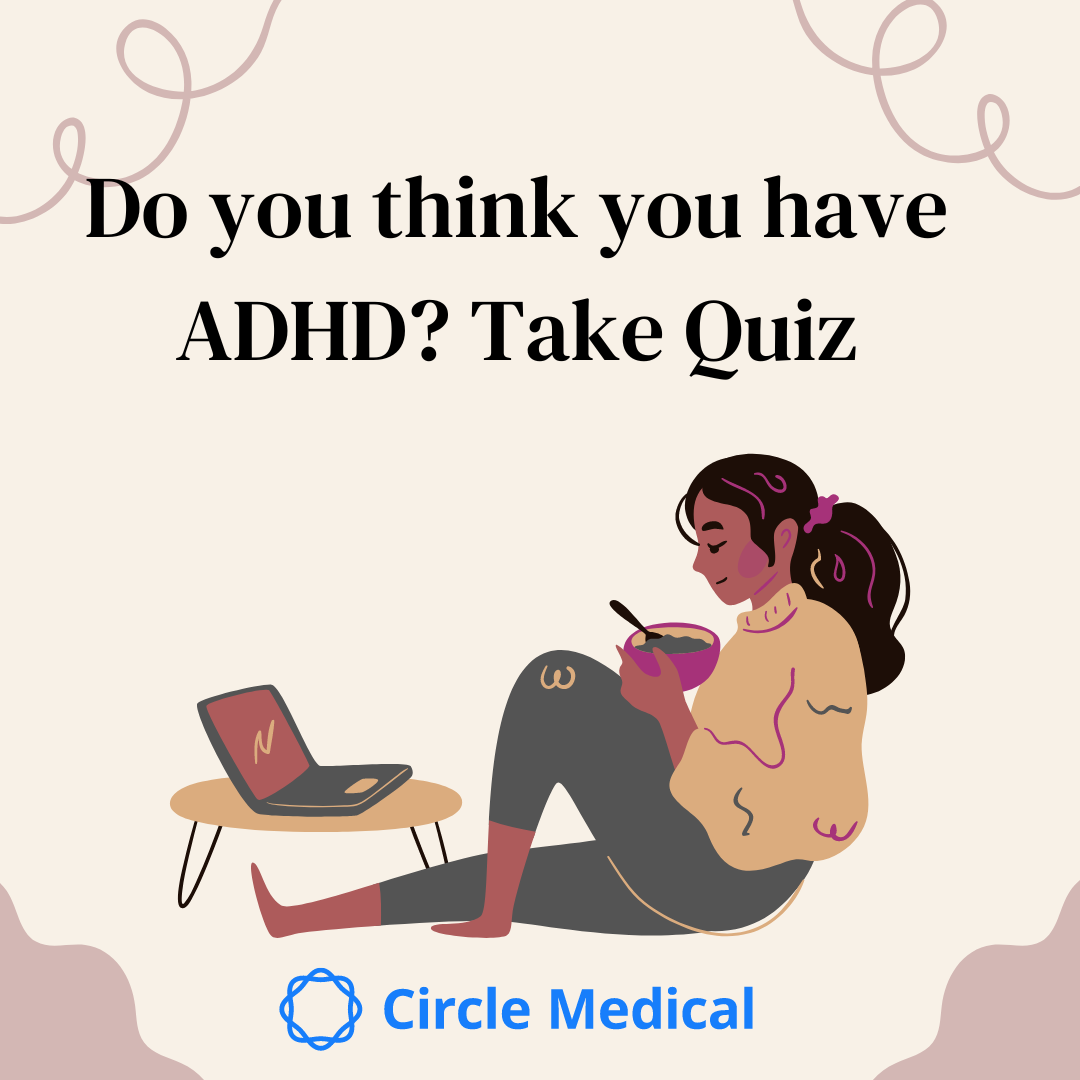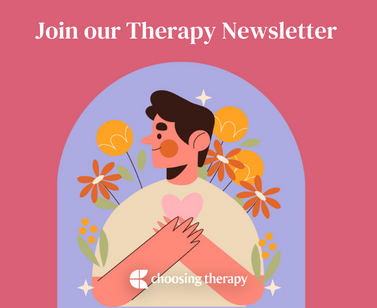Non-stimulant medications for ADHD often include norepinephrine modulators and alpha agonists. Strattera (atomoxetine) and Qelbree (viloxazine) are commonly prescribed norepinephrine modulators, while clonidine (Catapres, Kapvay) and guanfacine (Tenex, Intuniv) are alpha agonists. Patients and doctors may elect to treat with non-stimulants due to previous negative experiences with stimulant medications.
Online Psychiatry For ADHD Covered By Insurance Talkiatry can match you with a real psychiatrist who takes your insurance and is seeing new patients. They’re in-network with major insurers and offer medication management. Get started with a short online assessment
What Are Non-Stimulant ADHD Medications?
Non-stimulant ADHD meds increase specific neurotransmitters in the brain, helping improve symptoms of ADHD. Treating ADHD without stimulants may result in fewer side effects and benefit those who respond poorly to other medications.
When Are Non-Stimulant ADHD Medications Used?
Non-stimulant ADHD medications can be viable substitutes for traditional stimulants. For instance, someone may be naturally tolerant to stimulants, meaning they do not experience the desired effects.1 Additionally, stimulants are controlled substances and can be addictive, so patients with a history of substance misuse may opt for non-stimulants instead.1
Non-stimulant medications elicit various side effects, such as fatigue, discomfort, or moodiness. You should consult your doctor about any symptoms before beginning a regular medication routine.
Non-stimulant medications for ADHD may be used in cases when:
- Stimulants have not improved symptoms: Everyone responds differently to medication, and stimulants may not adequately treat ADHD symptoms in some individuals.
- Stimulants cause intolerable side effects: Stimulants coincide with anxiety, decreased appetite, insomnia, and other adverse effects. Individuals may need to switch medications if they respond poorly to stimulants.
- There is a pre-existing condition: Stimulants are generally not recommended for people with certain medical conditions, including high blood pressure, heart disease, and hyperthyroidism.
- Someone is taking other medications: Stimulants may have adverse interactions with numerous antidepressants.
FDA-Approved Non-Stimulant ADHD Medications
Several alternatives to stimulants for ADHD are available. FDA-approved non-stimulants for ADHD include Strattera (atomoxetine), Intuiv (guanfacine), Kapvay (clonidine), and Qelbree (viloxazine). Consult your healthcare provider about the best option for your specific needs.
Strattera (Atomoxetine)
Strattera (atomoxetine) is a non-stimulant that increases norepinephrine levels in the brain to help improve social functioning, motivation, and memory. Most individuals tolerate this medication relatively well, often experiencing mild adverse effects. Strattera can be especially beneficial for those with a history of substance misuse or tic disorders.1,2
Side effects of Strattera may include:2
- Nausea
- Vomiting
- Dry mouth
- Constipation
- Irritability
- Weight loss
Qelbree (Viloxazine)
Like Strattera, Qelbree (viloxazine) is an SRNI that works by increasing norepinephrine.3 Clinical trials have shown the drug can reduce inattention and hyperactivity, helping adults with ADHD manage their symptoms.
Side effects of Qelbree are generally mild. However, pediatricians and parents should closely monitor children and teens due to the increased risk of suicidal ideation.3
Common side effects of Qelbree may include:
- Nausea
- Vomiting
- Headache
- Increased blood pressure
- Heart rate increase
Kapvay (Clonidine)
Kapvay works by increasing norepinephrine, helping improve focus and concentration in those with ADHD. Although most of the research focuses on Kapvay use in children, this medication can also benefit adults.4
Side effects of Kapvay may include:
- Dry mouth
- Dizziness or lightheadedness
- Sexual side effects
- Constipation
- Difficulty sleeping
- Headaches
- Dizziness
Intuniv (Guanfacine)
Intuniv is a high blood pressure medication. However, this medication is a common non-stimulant ADHD med for adults. Intuniv can improve focus and concentration and reduce impulsivity. Individuals typically take one daily tablet at bedtime.5
Side effects of Intuniv may include:
- Drowsiness
- Lack of energy
- Headache
- Diminished appetite
- GI problems
Off-Label Medications for ADHD
Some people experience improvements when taking alternatives to ADHD medicine to treat symptoms. Off-label refers to using pharmaceutical drugs for reasons other than their FDA approvals. The practice of off-label prescribing is common and may benefit those who respond poorly to traditional options.
Tricyclic Antidepressants
Although stimulants are often the most popular treatment for ADHD, tricyclic antidepressants have gained significant attention in recent years. One meta-analysis examining 33 studies found that 91% of children and adults reported symptom improvement after taking this medication. Imipramine and desipramine have been the most widely studied.6
Side effects of tricyclic antidepressants may include:
- Dry mouth
- Constipation
- Drowsiness
- Dizziness
- Weight gain
Wellbutrin (Bupropion)
Wellbutrin (bupropion) decreases the reuptake of norepinephrine and dopamine. Doctors may prescribe Wellbutrin off-label to treat ADHD symptoms if someone reacts negatively to stimulant medications. However, prescribers do not recommend use in patients with severely low BMI or a history of a seizure disorder.7
One study found participants reported an overall improvement in their ADHD symptoms when taking Wellbutrin.8 Other clinical trials support these findings, but further research is needed before the FDA approves Wellbutrin for treating ADHD.
Other common side effects of Wellbutrin can include:7
- Increased heart rate
- Insomnia
- Headache
- Tremors
Effexor XR (Venlafaxine)
Effexor XR (venlafaxine) is a daily medication that can help treat ADHD and other mental health issues. Prescribers may recommend this medication when patients cannot tolerate the side effects of stimulants. Some research shows Effexor is generally well tolerated, with most people experiencing only mild side effects.9
Side effects of Effexor may include:
- Vivid dreams
- Fatigue
- Dry mouth
- Sleep problems
- Dizziness
Monoamine Oxidase Inhibitors
Monoamine oxidase inhibitors (MAOIs) can serve as an alternative or conjunctive treatment option for stimulants. MAOIs are antidepressants that work by impacting chemical communication between brain cells. This medication prevents the brain from removing the neurotransmitters norepinephrine, serotonin, and dopamine, all of which play a role in ADHD.10
Side effects of MAOIs may include:
- Weight changes
- Insomnia
- Headaches
- Dizziness
- Dry mouth
- Nausea
- Anxiety
Best Non-Stimulant ADHD Medications for Kids
While stimulant medications are considered first-line treatment for children with ADHD, some parents may elect to pursue alternative methods. In these cases, Strattera, Intuniv, Catapres, or Qelbree can help with managing inattentiveness, restlessness, and agitation associated with ADHD.11
Non-stimulant ADHD meds for kids are typically less potent than traditional stimulants but still carry the risk of abuse and addiction.11 A care team and parents should closely monitor patients taking these medications due to the increased risk of suicidal ideation.11
Stimulant Vs. Non-Stimulant ADHD Meds
Stimulant and non-stimulant ADHD medications come with pros and cons. Stimulants are the most commonly prescribed, have the most research backing their efficacy, and are fast-acting. However, they may also come with more concerning side effects. Non-stimulant ADHD medications take longer to reach their full effect but can benefit people who do not respond well to stimulants.
Window of Effectiveness
The window of effectiveness is the range of drug concentrations that provide benefits without problematic side effects. This term also refers to half-life or the time necessary for a drug’s active ingredients in the body to reduce by half. Short-acting stimulants generally have shorter half-lives, whereas non-stimulant options have longer half-lives.
Interactions With Other Prescriptions
Understanding potential interactions between ADHD medication and other drugs is essential. For example, people taking stimulants should avoid prescriptions that treat high blood pressure or hyperthyroidism. Stimulants may also interact with tricyclic antidepressants, SSRIs, certain opioids, and lithium. Talk to your doctor about potential interactions in advance.
Risk of Addiction
Some people want to ensure they take non-habit-forming ADHD medication when pursuing treatment. Stimulants are controlled substances, and building a tolerance to the drug and misuse is possible. This risk may increase if you have a previous history of addiction. Non-stimulant drugs are not addictive, making them a more suitable option for some individuals.
Who Should Avoid Non-Stimulant ADHD Medications?
Non-stimulant ADHD medication is not appropriate for everyone. Always review the risks and benefits with your doctor or psychiatrist. Every drug has potential side effects and other drug interactions, and you will need to discuss these factors in advance. Likewise, some people do respond well to stimulants for ADHD and should explore alternative options.
Below are populations who may react negatively to non-stimulant medications for ADHD:
- Pregnant women: Pregnant women need to discuss any potential risks of taking non-stimulant medications with their doctor.
- Breastfeeding women: Drugs can pass through breastmilk, so women should also discuss these risks with their doctor.
- Those with other health constraints: Non-stimulant ADHD medications may exacerbate conditions like high blood pressure or fatigue. Consult your physician about your medical history before taking any medication.
Get Help For ADHD Talkiatry can match you with a real psychiatrist who takes your insurance and is seeing new patients. They’re in-network with major insurers and offer medication management. Get started with a short online assessment Inflow App – Inflow is the #1 science-based app to help you manage your ADHD. Their support system helps you understand your neurodiverse brain, and build lifelong skills. Free Trial
Questions to Ask About Non-Stimulant ADHD Medications
You and your healthcare team will formulate a healthy and effective treatment plan for you or your child. Understanding how a medication works is critical when seeking treatment for ADHD. Your doctor will inform you of potential side effects, dosage guides, and other important information.
Questions to ask your care team about non-stimulant ADHD medications include:
- Why is a non-stimulant medication a better fit for me?
- What is the dosage of this medication, and how often should I take it?
- How will I know that the medication is working?
- What are common side effects I can expect?
- What should I do if I experience severe side effects?
In My Experience
To help our readers take the next step in their mental health journey, Choosing Therapy has partnered with leaders in mental health and wellness. Choosing Therapy is compensated for marketing by the companies included below. Virtual Psychiatry Talkiatry – Get help from a real doctor who takes your insurance. Talkiatry offers medication management and online visits with expert psychiatrists. Take the online assessment and have your first appointment in days. Free Assessment ADHD Management Tool Inflow App is the #1 science-based app to help you manage your ADHD. Their support system helps you understand your neurodiverse brain and build lifelong skills. Free Trial Talk Therapy BetterHelp – Get support and guidance from a licensed therapist. BetterHelp has over 20,000 therapists who provide convenient and affordable online therapy. Complete a brief questionnaire and get matched with the right therapist for you. Get Started Free Prescription Discount Card Optum Perks Save up to 80% on most prescriptions. Optum Perks provides discounts at over 64,000 pharmacies nationwide. No memberships or costs to you, ever. It’s really that easy. Get your card and start saving. Get the discount card! Free ADHD Newsletter A free newsletter from Choosing Therapy for those impacted by ADHD. Get helpful tips and the latest information. Sign UpAdditional Resources
Do you think you have ADHD? Answer an evidence-based questionnaire for Circles Medical to learn more. Takes 45 seconds.
Best Online Psychiatry Services Online psychiatry, sometimes called telepsychiatry, platforms offer medication management by phone, video, or secure messaging for a variety of mental health conditions. In some cases, online psychiatry may be more affordable than seeing an in-person provider. Mental health treatment has expanded to include many online psychiatry and therapy services. With so many choices, it can feel overwhelming to find the one that is right for you.





